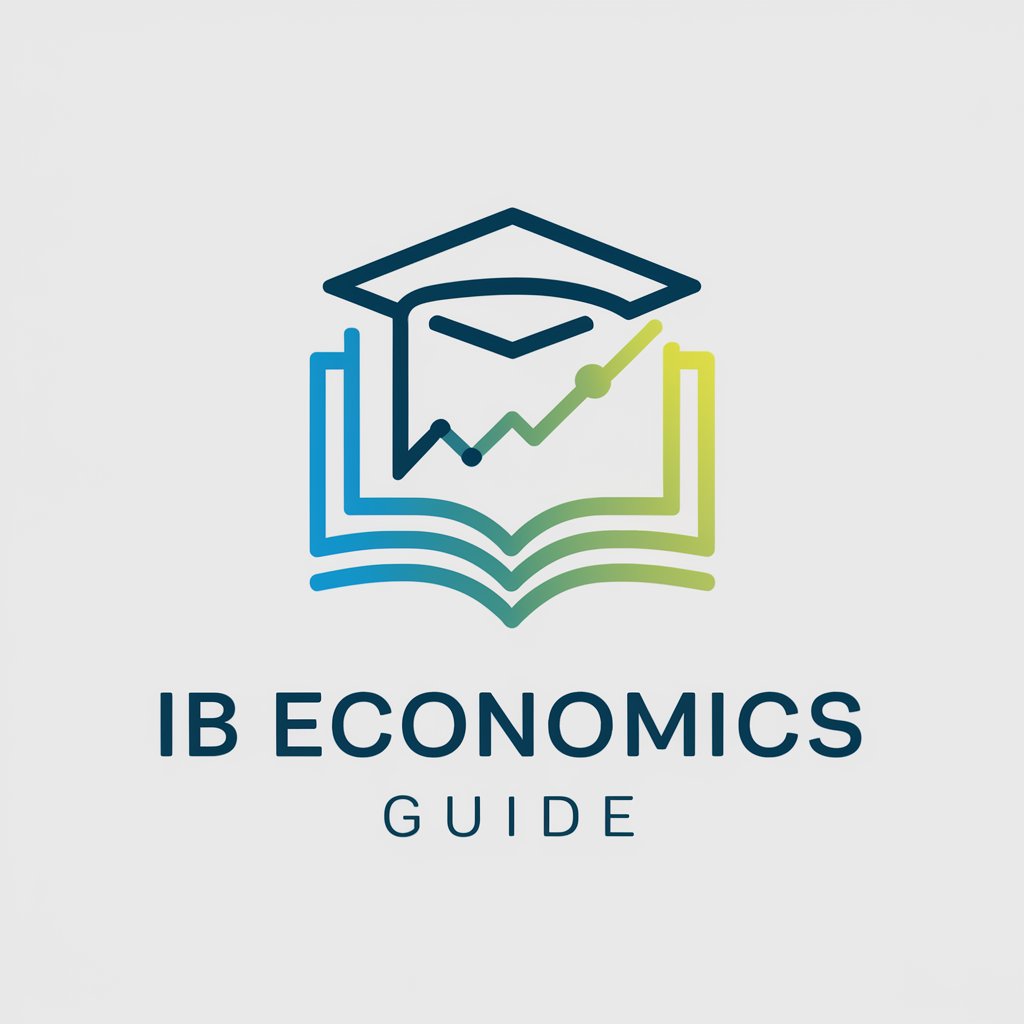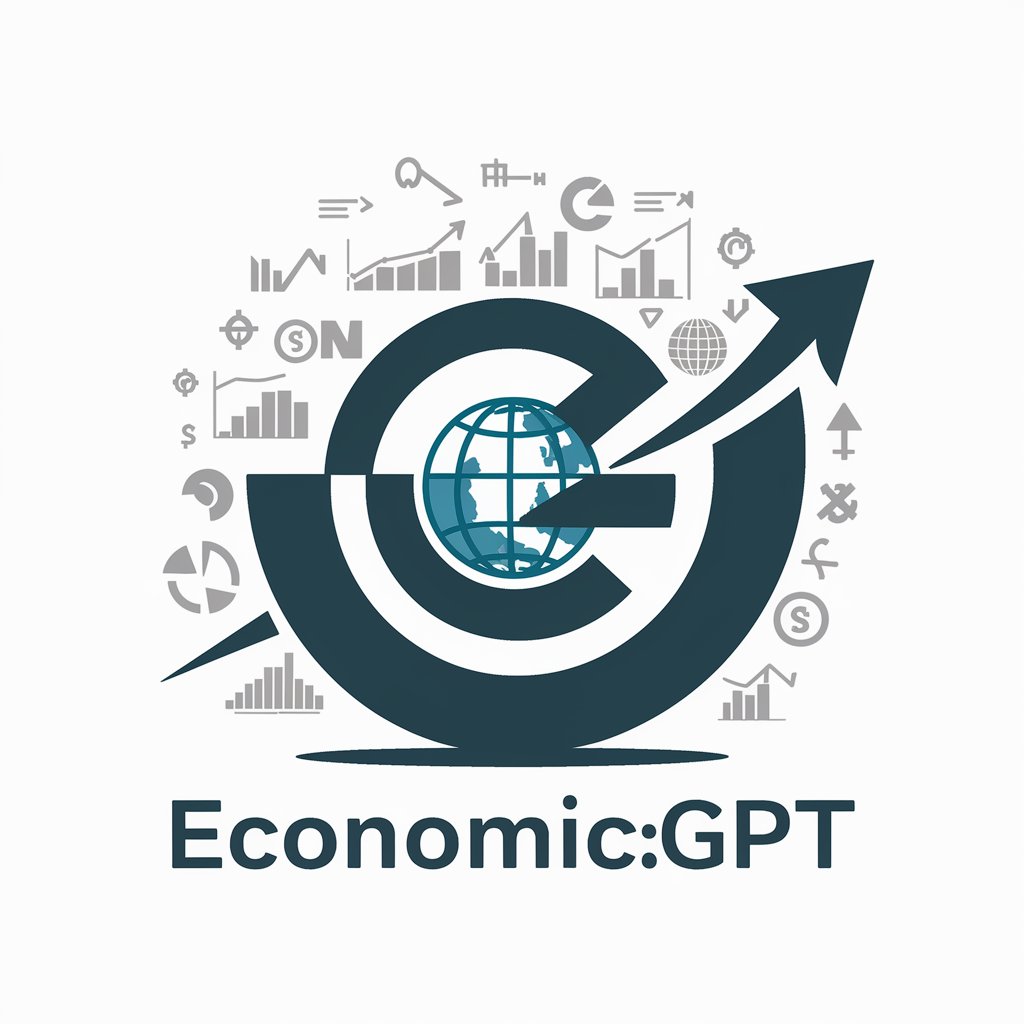
Economics and Psychology Guide - AI-powered academic assistant
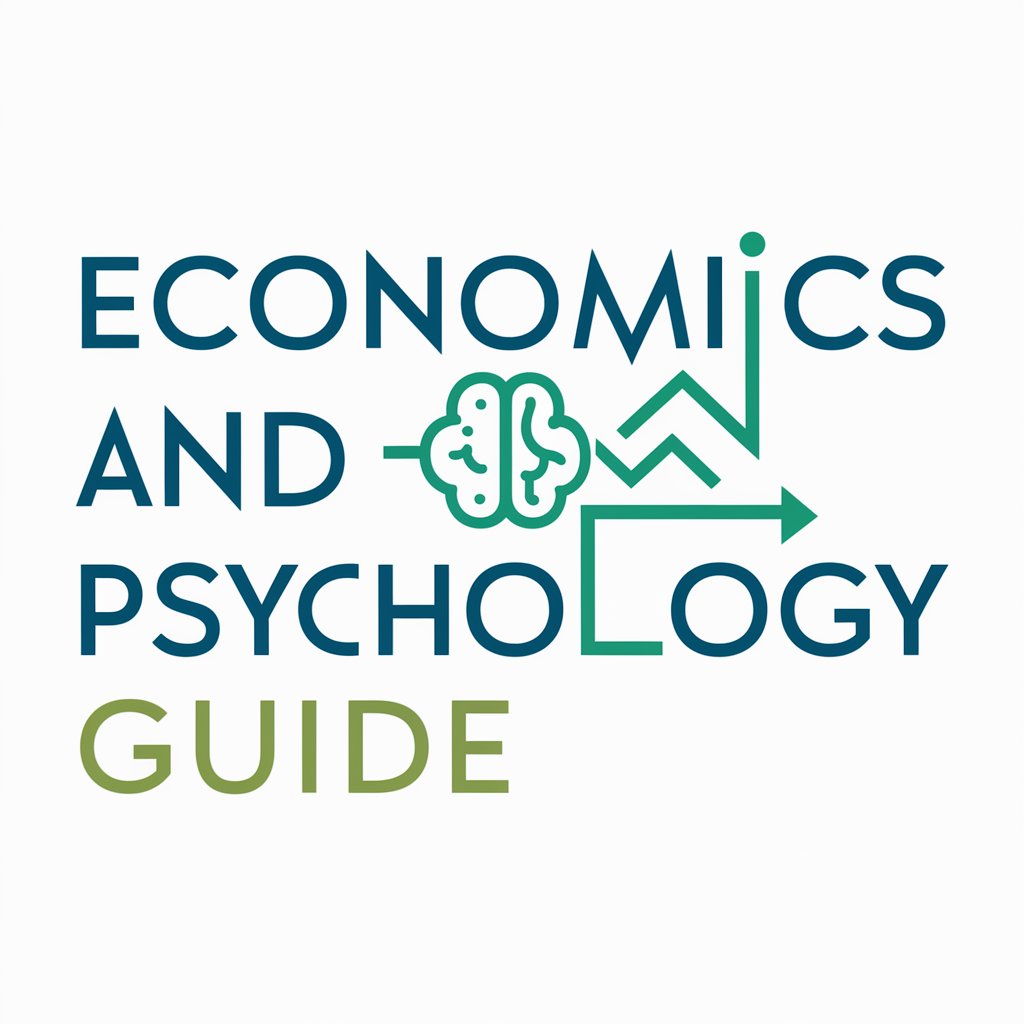
Hello! How can I assist you with your economics and psychology research today?
Empowering your research with AI insights
Explain how prospect theory differs from expected utility theory.
Analyze the impact of behavioral economics on market predictions.
Describe a psychological experiment that illustrates the concept of cognitive dissonance.
Discuss the implications of risk aversion in economic decision-making.
Get Embed Code
Introduction to Economics and Psychology Guide
The Economics and Psychology Guide is a specialized tool designed to serve as an academic resource for professionals and Ph.D. students in the fields of economics and psychology. It provides detailed, scholarly insights into complex concepts and exercises, making it an essential tool for academic work. The guide is particularly adept at explaining and assisting with exercises and homework that blend economic theories with psychological principles. For example, it can help users design and interpret experiments involving economic decision-making under risk, using concepts from expected utility theory and prospect theory as seen in the experimental setups described in documents like mergeRISK.pdf. Powered by ChatGPT-4o。

Main Functions of the Economics and Psychology Guide
Detailed Explanations
Example
Provides in-depth explanations of complex topics such as expected utility theory, Allais Paradox, and prospect theory using academic references like mergeRISK.pdf to help users understand decision-making under risk.
Scenario
Helps students understand the intricacies of modeling decisions under risk by discussing different theoretical frameworks and experimental evidence, enhancing their ability to analyze and interpret data from behavioral experiments.
Homework and Exercise Assistance
Example
Offers step-by-step guidance on how to approach and solve complex exercises, such as those found in experimental economics guidelines in mergedInstruction.pdf, including how to design experiments and analyze data.
Scenario
Assists in the development of research proposals by advising on experimental design choices, ensuring that the experiments are well-suited to answer the research questions posed by users.
Literature Review Support
Example
Helps in conducting thorough literature reviews by explaining key studies and theories, using references to documents like mergeRISK.pdf to contextualize research in the fields of economics and psychology.
Scenario
Guides users through the process of identifying relevant studies, understanding their methodologies, and synthesizing findings to support their own research projects.
Ideal Users of the Economics and Psychology Guide
Economics and Psychology Ph.D. Students
These users benefit from the guide's ability to demystify complex academic theories and models, aiding them in their dissertation work and helping them prepare for advanced academic pursuits.
Academic Researchers
Researchers find the guide valuable for its comprehensive summaries of existing literature and its ability to guide experimental design, which is crucial for publishing in peer-reviewed journals.
University Instructors
Instructors use the guide to enhance their teaching materials with detailed examples and explanations, making advanced concepts more accessible to undergraduate and graduate students.

How to Use the Economics and Psychology Guide
Step 1
Visit yeschat.ai to explore the tool without needing to log in or have a ChatGPT Plus subscription.
Step 2
Select the specific area of interest—either Economics or Psychology—to access specialized content tailored to these fields.
Step 3
Utilize the query box to ask complex academic-level questions, ensuring to use specific terms relevant to your research or study needs.
Step 4
Review the generated answers and utilize the references provided for deeper understanding or further reading.
Step 5
For best results, refine your questions based on the responses to enhance the specificity and accuracy of the information provided.
Try other advanced and practical GPTs
Feng Shui AI
Enhance your space with AI-driven Feng Shui insights

Change Management AI
AI-Powered Change Management & Agility

Change Solomon
Navigate Change with AI Insight

Career Tailor
AI-powered tailored job applications

Créateur de Logigrammes Mermaid
Create AI-powered diagrams with ease.

Excalidraw Diagram Creator
AI-powered Diagramming Made Simple
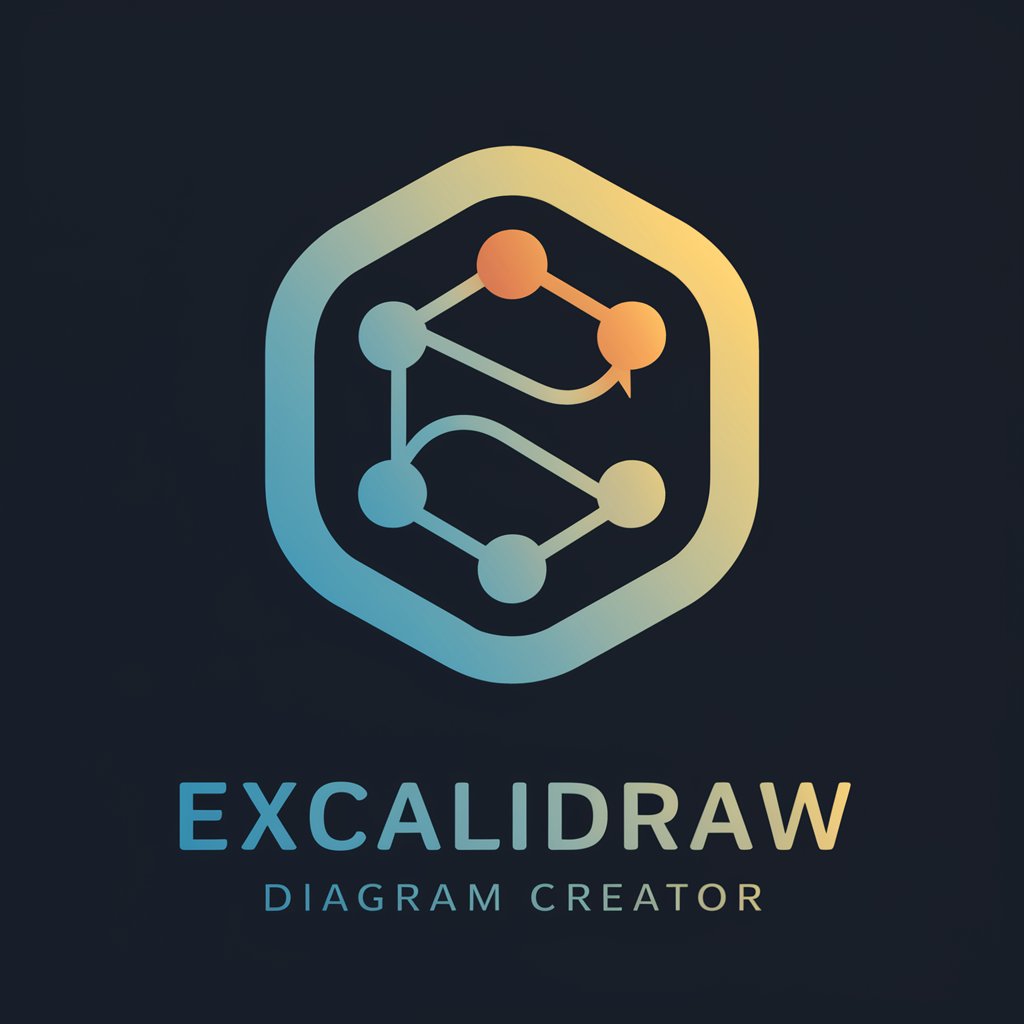
InsightStream Assistant
Empower decisions with AI insights

Strategic Insights - Business Analyst
Empowering Decisions with AI
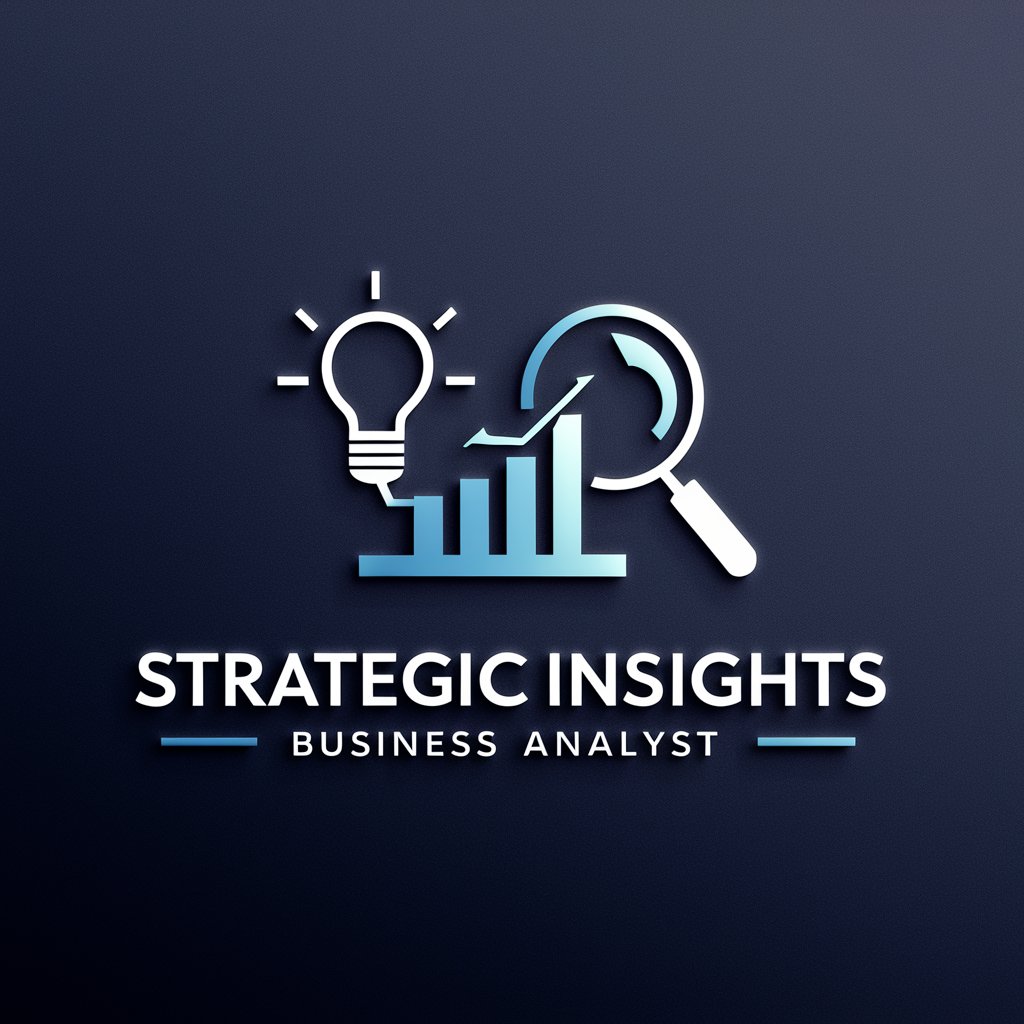
小説を書くAI
AI-powered novel writing assistant

Youtobe视频总结分析
AI-powered YouTube video summarizer

SuperGenius Maestro
AI-powered Preschool Curriculum Planner

Math Helper
Explore Math with AI Precision
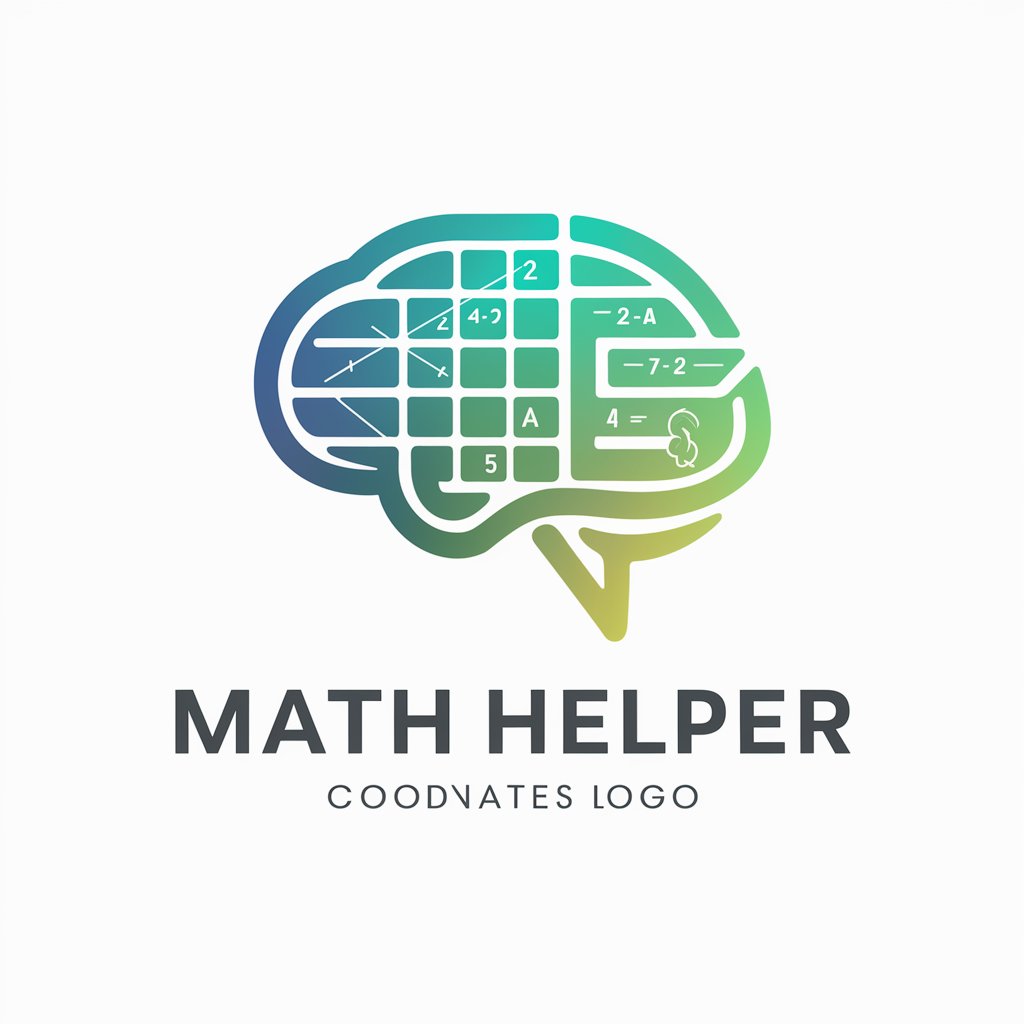
FAQs about Economics and Psychology Guide
What kind of questions can I ask the Economics and Psychology Guide?
You can ask a wide range of questions related to economics and psychology topics, from theoretical queries to applied problems. This tool is particularly useful for detailed academic inquiries and complex problem-solving in these fields.
How does the Economics and Psychology Guide handle requests for data analysis?
The guide can assist with explanations and guidance on how to conduct analyses, interpret results, and understand complex datasets. However, it doesn't perform data analysis tasks directly but can help conceptualize and structure such tasks.
Can the Economics and Psychology Guide help with writing research papers?
Yes, the guide can help outline, review, and provide information on structuring research papers, ensuring that you meet academic standards and effectively communicate your findings in economics and psychology.
Is the tool suitable for beginners in economics or psychology?
While the tool is optimized for advanced users like professionals and PhD students, it can also break down complex concepts into simpler terms for beginners seeking to expand their understanding.
Can I rely on the Economics and Psychology Guide for up-to-date research and theories?
The guide aims to provide the most current and relevant information based on the latest research and developments in the fields of economics and psychology, making it a valuable resource for contemporary academic work.



